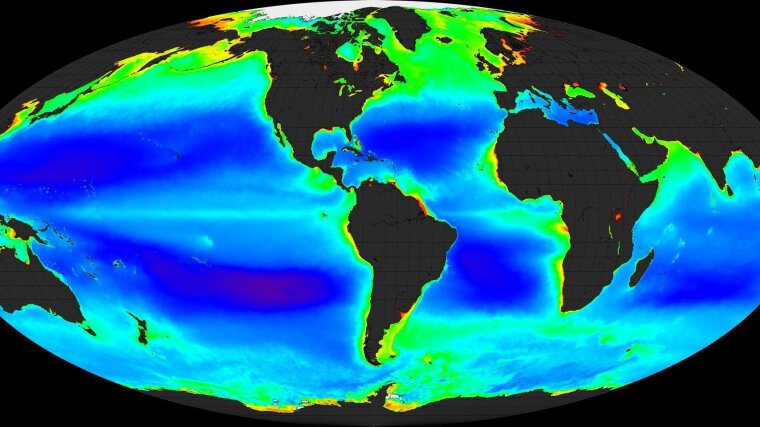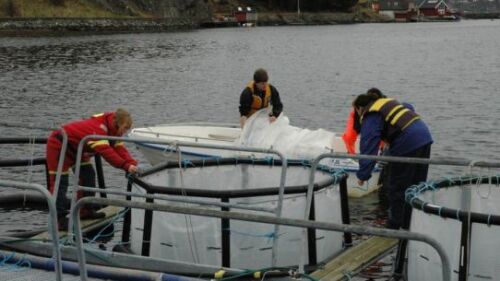
|
The Pohnert-group elucidates chemical defense- and communication strategies of microorganisms of the plankton and within the groundwater using the tools of modern bioorganic analytics, organic chemistry, and ecology. The central objective is to understand the nature and role of chemical signals that shape complex microbial communities. |
